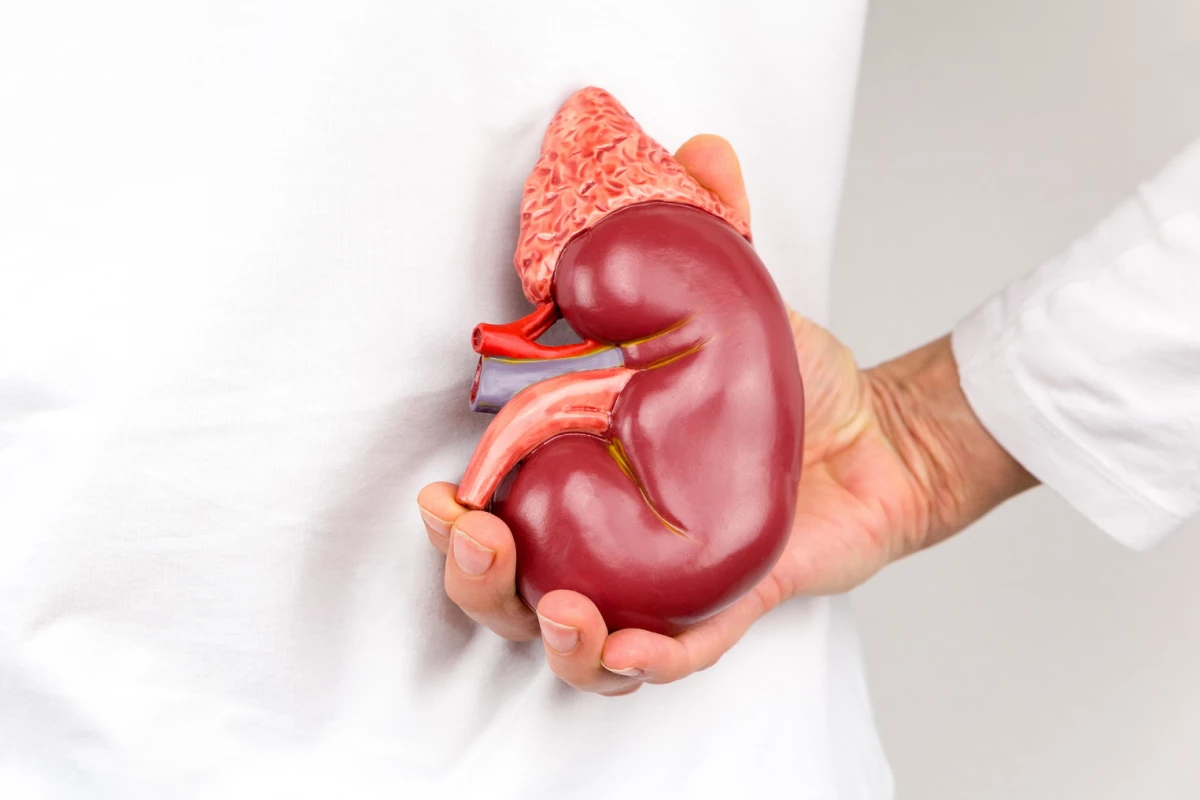Transplants are often the last course of action available for people with kidney trouble, but donors can be hard to come by and the procedure is pretty invasive. Treating kidney disease with stem cells is an option, but obtaining those requires a biopsy. Now, researchers have isolated and studied kidney stem cells from urine samples, which could be a much easier way to collect them.
Stem cells are those that have the ability to turn into new cells of whatever type is needed. They’re most notably present during embryonic development, but persist in smaller numbers in many tissues throughout adulthood as well, helping in healing.
Because of their amazing restorative abilities, stem cells could hold promise as a way to repair damage or fight disease. The best sources of adult stem cells are those in bone marrow, umbilical cord blood and amniotic fluid, but they all have their own issues. Bone marrow is painful and invasive to reach, and the others can only be harvested immediately after a patient gives birth.
On the new study, researchers from Heinrich Heine University examined a non-invasive way to collect renal stem cells, those that can differentiate into all the cell types in kidneys. Normally, they need to be taken through a biopsy, but previous studies have shown that large numbers of them are actually passed out of the body in urine.
In the new study, the team took samples from 10 people of both sexes and a variety of ages, and isolated what are known as urine-derived renal progenitor cells (UdRPCs). They found that these were able to differentiate into the various kidney cell types, and expressed known kidney stem cell markers.
"It is fascinating that these valuable cells can be isolated from urine and that we were able to confirm their properties as kidney and kidney progenitor cells by comparing the gene expression of these cells with cells from kidney biopsies,” says Wasco Wruck, co-author of the study.
Interestingly, the UdRPCs also seemed to have similarities to stem cells found in bone marrow and amniotic fluid. Plus, the researchers were able to reprogram them into another form called induced pluripotent stem cells (IPSCs), which can be used to make virtually any cells in the body. IPSCs are normally obtained from blood or skin samples, but taking them from urine could be even easier.
While it’s still early days, the researchers say that the work could lead to new treatments for kidney diseases. Rather than looking for organ donors and transplanting a new kidney, doctors could take urine samples from the patient, collect their UdRPCs, culture a new batch of kidney stem cells, then transplant those into the organ to repair damage.
The research was published in the journal Scientific Reports.
Source: Heinrich Heine University





